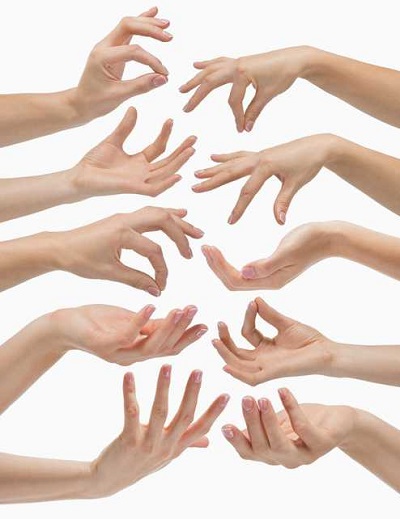FWP:
SETS == EXCLAMATION; GESTURES;
IDIOMS
GATHERINGS: {6,3}
The first line has an energetic idiomatic punch; 'I get nowhere!' is my attempt to approximate it in English. Literally, it's that the speaker's baat nahii;N bantii , his 'project/task/idea' doesn't 'occur/happen'. The expression is so common and colloquial that people often omit the baat , although its presence can be seen in the feminine singular of bantii . (For more on this, see {59,2}.) This particular form of the expression, involving the perfect participle of a transitive verb plus ban'naa (having done X, the baat doesn't ban'naa ), can be seen in Bekhud Mohani's commentary above, and in {191,1}.
Then in the second line, as so often, Ghalib has carefully maintained ambiguities. He has framed the grammar in such a way that it pointedly doesn't give us any idea who's making signs to whom, of what kind, or for what purpose. As usual, the commentators with one voice (not just the few commentators I've quoted here, but all the ones I've looked at) pick out one or two possibilities and magisterially affirm them. In this case, their possibilities are:
=The beloved and the others in the gathering are making gestures
that mock or taunt the lover.
=The beloved is making encouraging or flirtatious signs to other lovers in
the gathering.
I don't deny these possibilities. But as usual, I want to add another perfectly good possibility:
=The beloved is making (at least possibly) encouraging or flirtatious signs of some kind to the lover himself.
I would even argue that my possibility is more amusing than theirs, and best accords with the vexed, letting-off-steam tone of the first line. The lover seems to be exasperated with the results of his own behavior. Maybe what he's exasperated with is not the signs, but the fact that despite them, he kept on just modestly sitting there. Maybe the beloved doesn't appreciate his modesty, humility, reverence, and is inviting him to try a more flirtatious kind of behavior? Instead of just sitting there bashfully as he did this time, maybe next time he might respond in some way-- at least maybe wink at her, or try a romantic smile, or make some such small gesture? Or is he disgusted by her shallowness-- would his own deep passion make that kind of thing quite impossible? The verse leads us into enjoyable kinds of speculation, as we attempt to fathom his thought processes.
Nazm and (following him) Bekhud Dihlavi (re)define the relatively straightforward ;hayaa as the more multivalent ;Gairat , which has meanings that include jealousy, envy, shame, honour, spirit, and bashfulness (Platts p.774). Then they base their readings on ;Gairat rather than ;hayaa . My reading has the advantage of not requiring such an extension.
Note for grammar fans: On hu))aa kiye , see {215,1}.

Ghalib:
[1861, concluding a letterto Ala'i:] For singing, seven verses are usually enough. I send two Persian ghazals, two Urdu ones, relying on my memory, as an offering to Bhai Sahib: {151, verses 1,8,7,3,6,9}. [For a fuller discussion, see {62,1}.]
==Urdu text: Khaliq Anjum vol. 1, pp. 372-73, 375
==Another trans.: Daud Rahbar, pp. 21-22